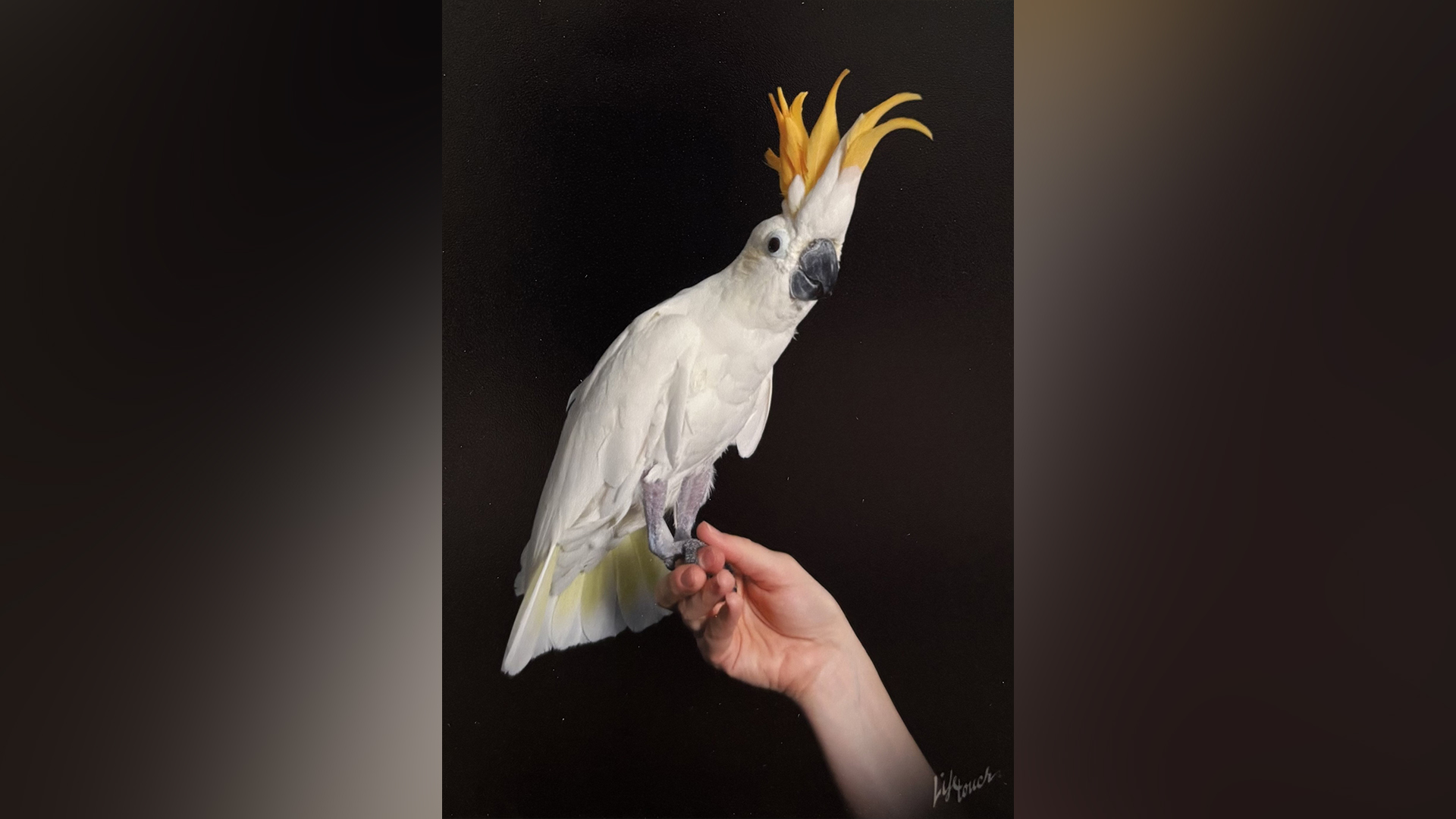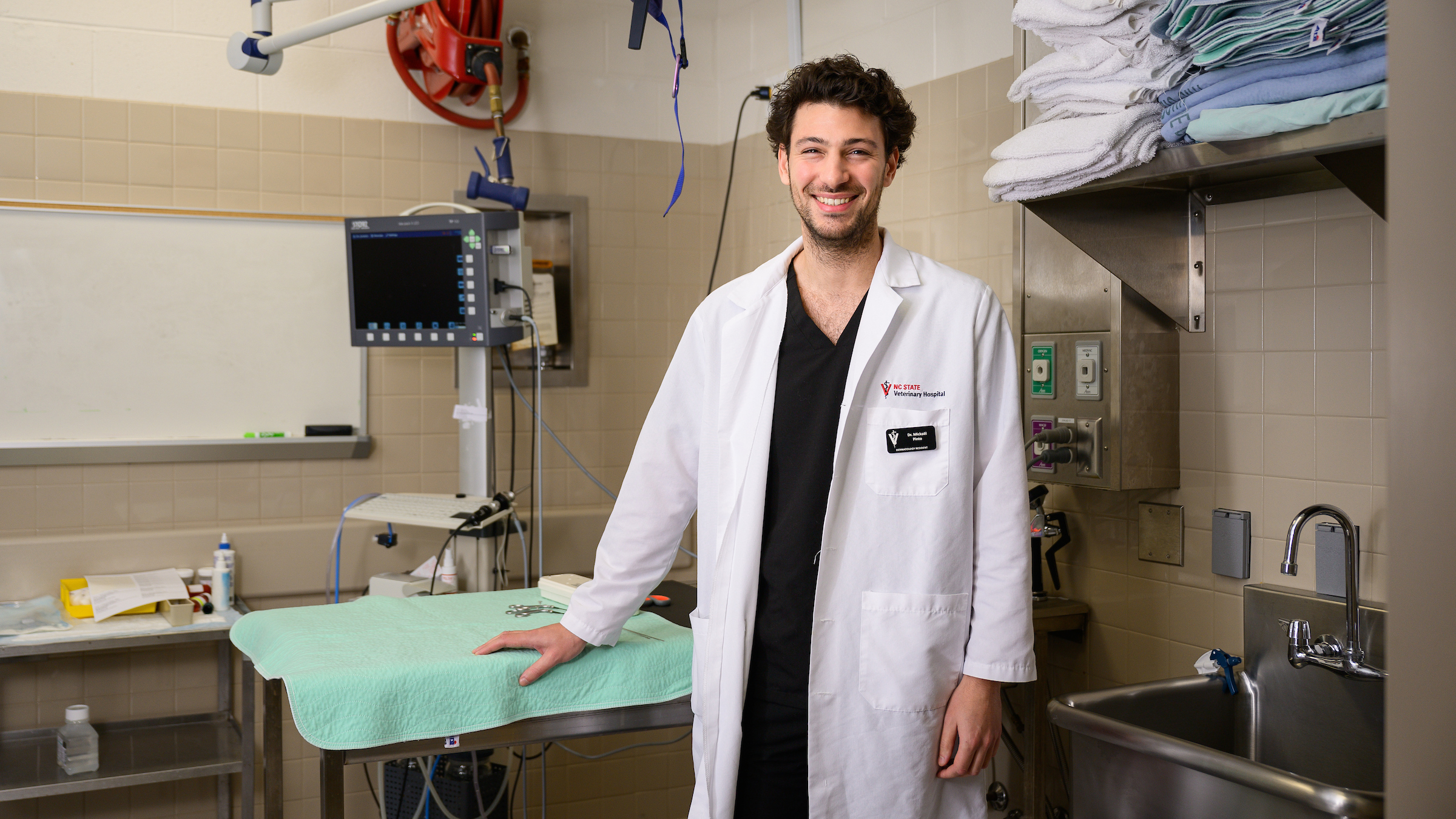Breitschwerdt Awarded WSAVA Global One Health Award

Ed Breitschwerdt, a worldwide leader in infectious disease research and longtime NC State College of Veterinary Medicine clinician-scientist, has won the 2018 Global One Health Award from the World Small Animal Veterinary Association.
Breitschwerdt, CVM professor of medicine and infectious diseases, shares the WSAVA award with Christopher Woods, a professor in Duke University’s medicine and pathology departments. They will jointly accept the award and present the One Health Award Lecture at the WSAVA World Congress in Singapore Sept 25 to 28.
“This award recognizes the importance of physicians and veterinarians working together to solve complex, biomedical one health problems,” said Breitschwerdt. “Dr. Woods and I are humbled by this recognition of our efforts to address Bartonellosis as an emerging, zoonotic infectious disease of comparative medical importance.”
Both have made a tremendous impact on the study of the bacterium Bartonella and Bartonellosis, the family of diseases it causes. Bartonella can lead to heart infections and several chronic disease in cats, dogs and other animals. Human diseases caused by Bartonella include cat-scratch disease, Carrion’s disease and trench fever.
WSAVA, which represents 200,000 veterinarians through 104 member associations, said the award is in particular recognition of Breitschwerdt and Woods’ development of specialized tests for Bartonella-related infections, which are often difficult to diagnose. The pair’s work has led to effective Bartonella tests for humans.
“The WSAVA One Health Committee is particularly excited to announce the award recipients this year and believes that having dual awareness from veterinary and human medicine epitomizes the One Health initiative,” WSAVA One Health Committee chair Mike Lappin said in a press release. “Professors Breitschwerdt and Woods have worked tirelessly in this field and their work has helped countless two- and four-legged animals.”
It has been a banner year for Breitschwerdt, who joined the CVM faculty in 1982. In April, he was awarded the Melanie S. Steele Distinguished Professorship in Medicine, the result of a $1 million endowment supporting a professor active in small animal medicine teaching, research and clinical practice.
Bartonella research remains Breitschwerdt’s primary passion, decades after the Vector Borne Diseases Diagnostic Laboratory he founded became the first in the world to find a case of canine Bartonella infection. His prolific research is ongoing. As recently as January, he received a grant for a two-year study into the prevalence of Bartonella infections in dogs across the country suffering from blood cancer.
“If you ask me what keeps me going now, it’s a single genus of bacteria,” said Breitschwerdt earlier this year. “It’s a genus of bacteria that I believe is of immense importance to society. It’s a genus of bacteria that I believe is causing more disease than anyone would have guessed in human and veterinary medicine.
For more information on the World Small Animal Veterinary Association, go here.
For more information on the Vector Borne Diseases Diagnostic Laboratory, go here.


